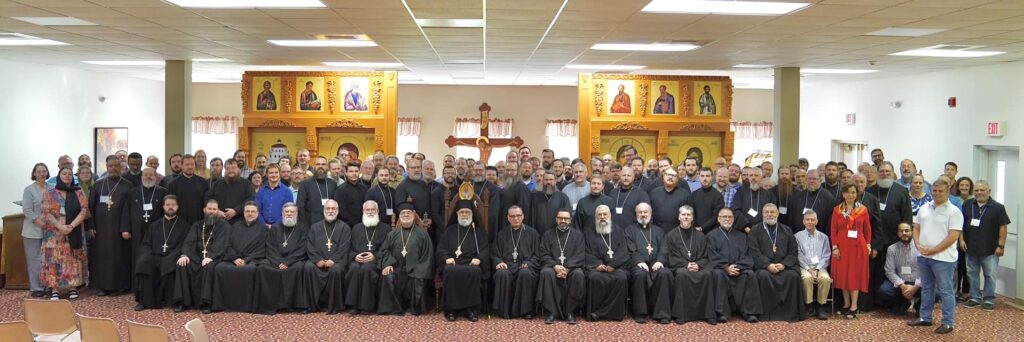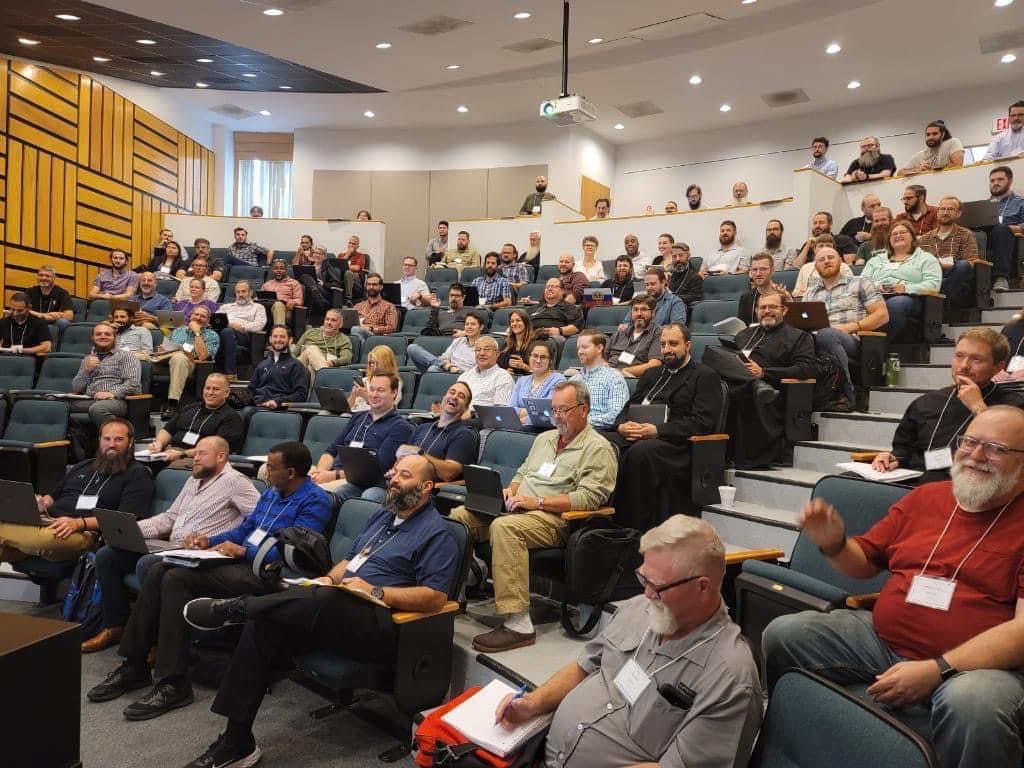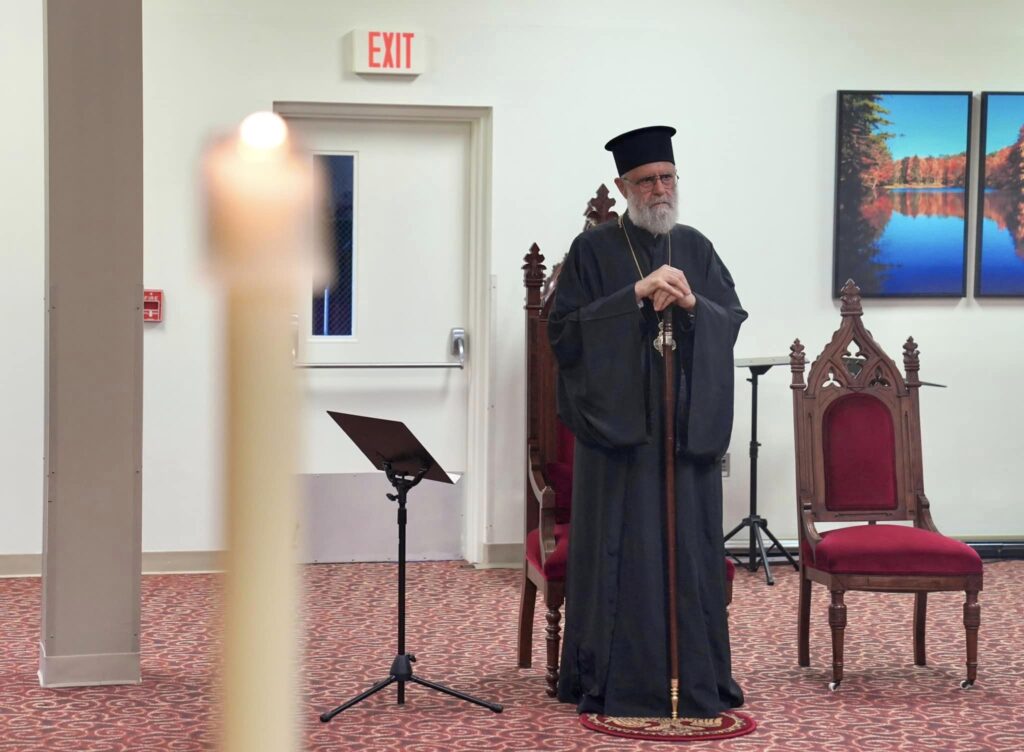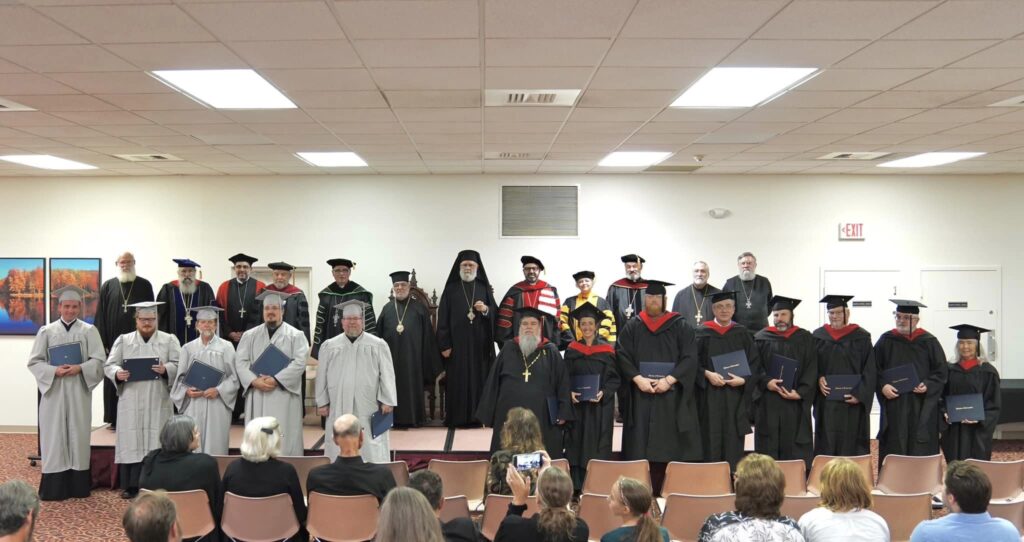May 25, 2024 – Antiochian House of Studies
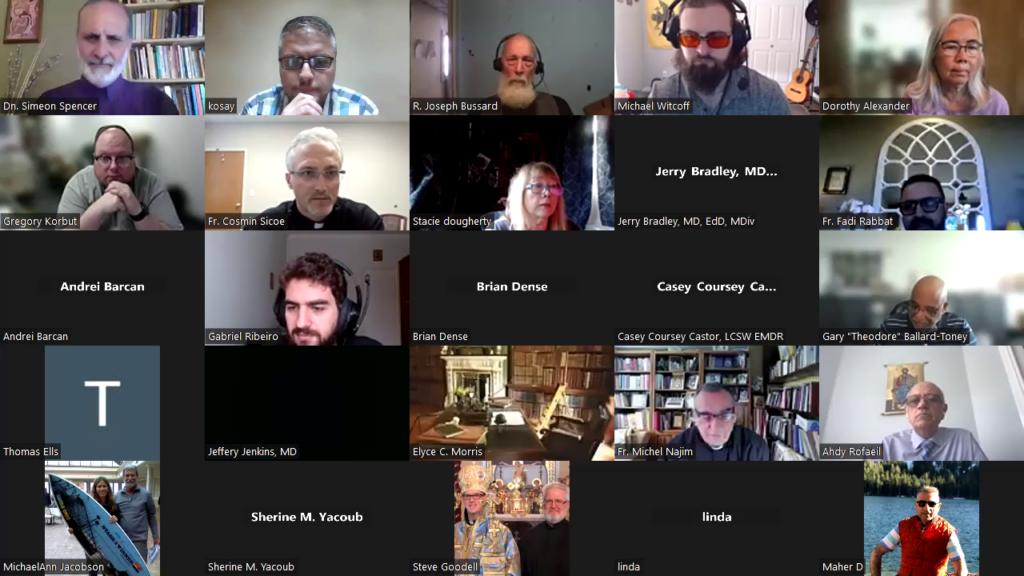
The Orthodox Academic Society, an academic association under the Antiochian House of Studies (AHOS), held its 5th biannual Symposium (Summer 2024) on May 25, 2024. This year’s symposium, coordinated by Deacon Simeon Spencer, focused on “Contemporary Issues and Orthodox Practical Theology,” drawing attention to the myriad challenges faced by modern individuals within an increasingly secularized and technologically advanced society. Deacon Simeon Spencer played a pivotal role in starting the symposium and ensuring its smooth organization and management, providing participants with all the necessary support.
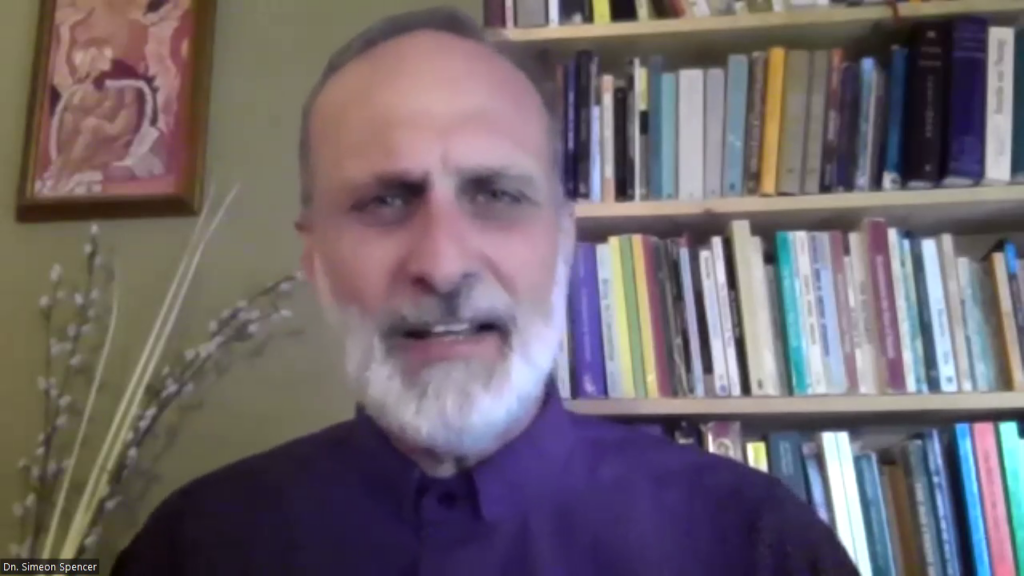
The event commenced with an opening prayer led by Fr. Cosmin, followed by introductory speeches from AHOS President Fr. Michel Najim and AHOS Dean Fr. Fadi Rabbat.
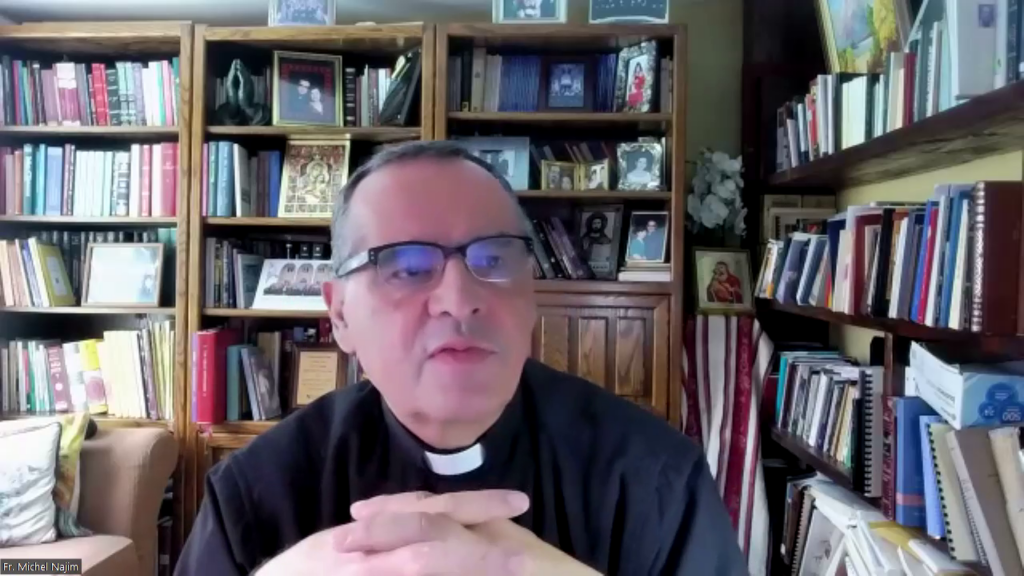
Fr. Michel Najim addressed the attendees, emphasizing the theme of the symposium and the urgent need for Orthodox Christian ethics to respond to the multifaceted issues emerging in postmodern society. He highlighted the pervasive corruption, conflicts, and wars that obscure ethical and spiritual ideals, stressing the necessity for a foundation rooted in authentic faith and sacrificial love. Fr. Michel outlined three foundational elements of Orthodox Christian ethics: Church Mysteries, Dogma, and Ascetic Life. He underscored the importance of the Eucharist, which fosters unity with Christ and transforms believers into coworkers with God. He also emphasized that correct dogma and ascetic practices are crucial for maintaining a righteous life and combating secular moralism and materialistic humanism.
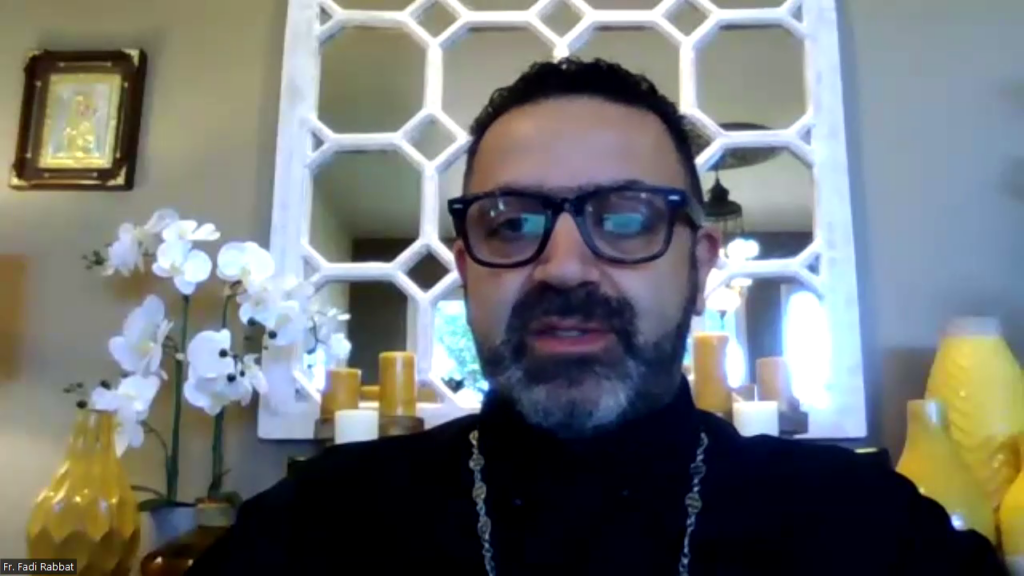
Following Fr. Michel, Fr. Fadi Rabbat spoke about the profound significance of Christ’s resurrection. He discussed how Christ’s triumph over death liberates humanity from the fear of death and the devil’s power. Fr. Fadi encouraged attendees to embrace repentance and renewal in Christ, highlighting the transformative power of the resurrection in leading a new life filled with hope and spiritual rebirth. He reminded everyone of their mission to be living witnesses of Christ’s resurrection, fostering their own transformation and union with God.
Highlighted Presentations
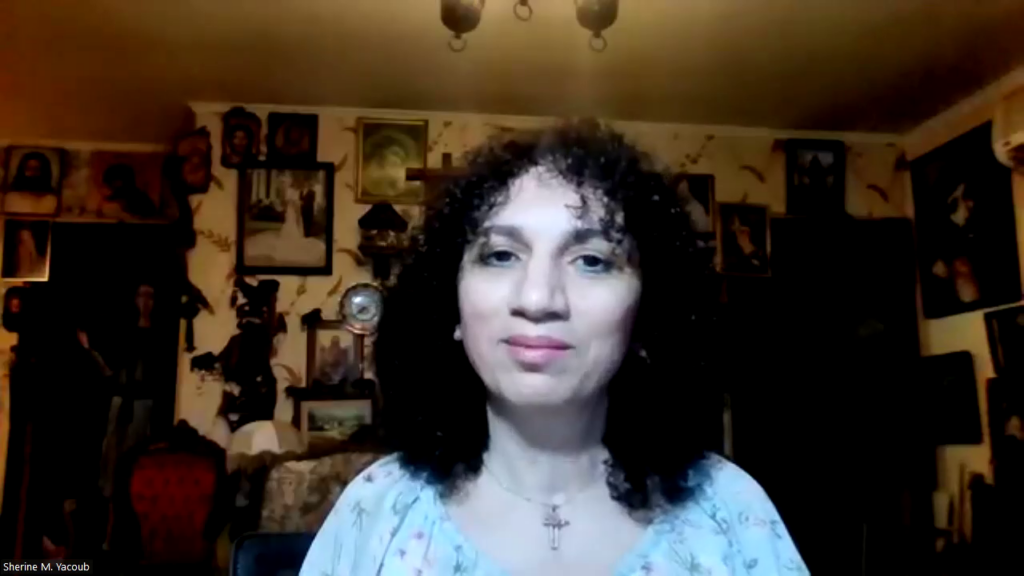
The symposium featured an array of insightful presentations that delved into critical theological and ethical issues within Orthodox Christianity. The session commenced with Sr. Sherine Milad Ya’coub, an MTS student, who presented her paper titled “The Sons and Daughters of the Covenant: Recalling and Confessing the Vows of the Mystery of Baptism.” Sr. Sherine illuminated the historical practice within the Coptic Orthodox Church of recalling and confessing baptismal vows for infants, a significant ritual that persisted until the fourteenth century. Her exploration of this ancient tradition emphasized the enduring importance of baptismal vows in the spiritual formation of Orthodox Christians.
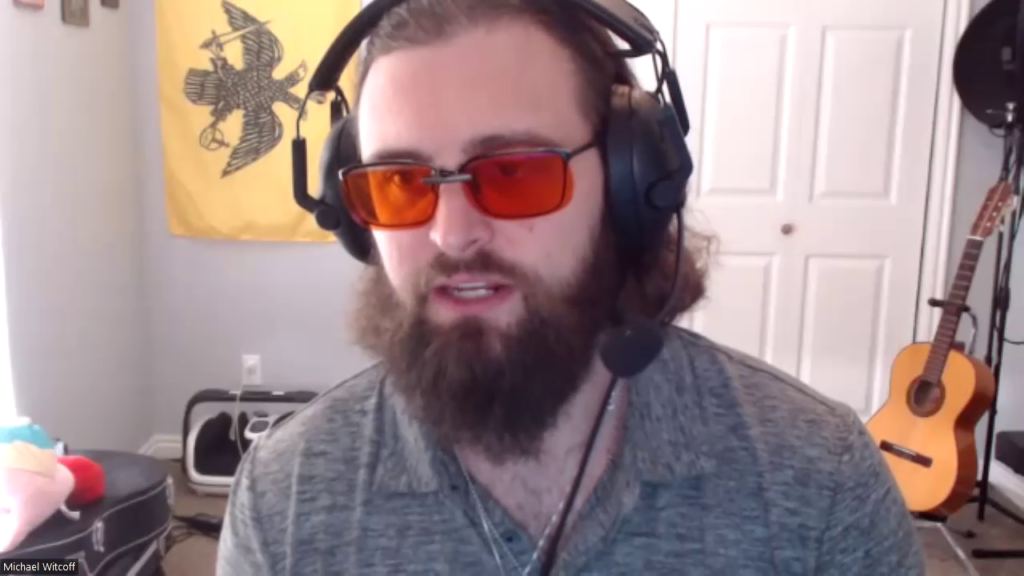
Following this, Michael Witcoff, an MPCC student, presented his paper, “Mormonism and the Orthodox Church: Ethical and Theological Approaches to Conversion and Evangelism.” Michael’s research provided a comprehensive analysis of the intersections between Orthodox Christianity and Mormonism. He examined the theological differences between the two religions, focusing on their views of metaphysics, cosmology, anthropology, and soteriology. Additionally, Michael discussed the pastoral care required for converts from Mormonism to Orthodoxy, highlighting the nuances and ethical considerations in evangelizing and sharing the true Christian Gospel with members of the Mormon faith.
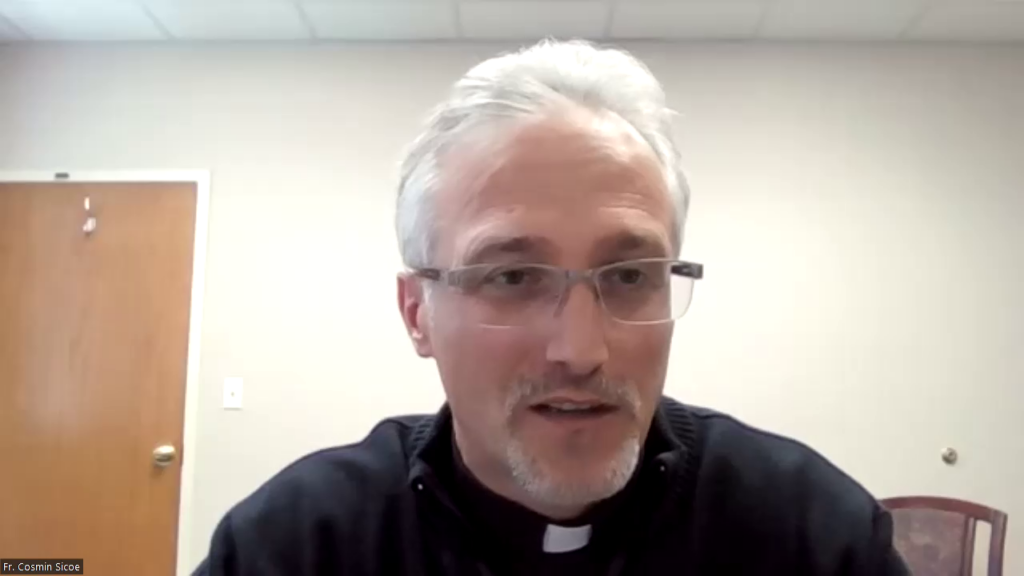
Fr. Cosmin Sicoe, a PhD student, offered an in-depth analysis with his paper, “Cremation – an Orthodox Christian Theological and Pastoral Perspective.” Drawing from nearly two decades of pastoral experience in the United States and Canada, Fr. Cosmin addressed the theological implications and pastoral challenges associated with cremation. His paper examined the growing popularity of cremation in North America, the theological considerations of religions that practice cremation versus Christianity, and the Orthodox Christian perspective on the sanctity of the human body. He concluded with pastoral guidance for Orthodox priests in addressing this sensitive issue within their ministry.
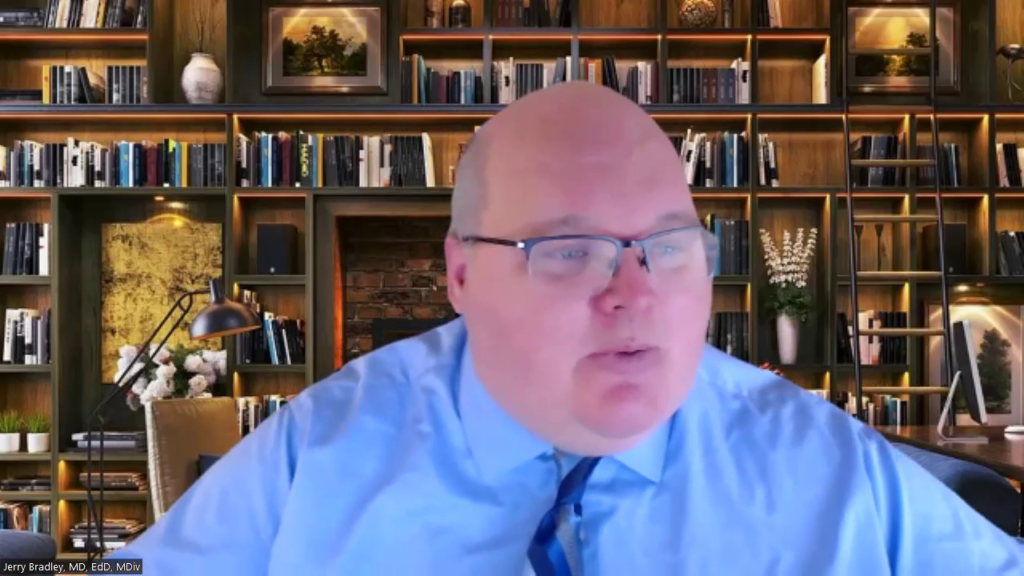
Dr. Jerry (Luke) Bradley, an MTS student, then presented his work, “The Application of Orthodox Psychotherapy in the Works of Hierotheos Vlachos to Palliative Care.” Dr. Bradley analyzed Hierotheos Vlachos’ seminal work on Orthodox psychotherapy, focusing on its application in the context of palliative care. He explored the nature of suffering as discussed by the patristic fathers and Vlachos, advocating for a compassionate and non-judgmental approach to end-of-life care. Dr. Bradley emphasized the importance of forgiveness, presence, and spiritual support, rather than a strict legalistic view of sin, in ministering to those suffering at the end of life.
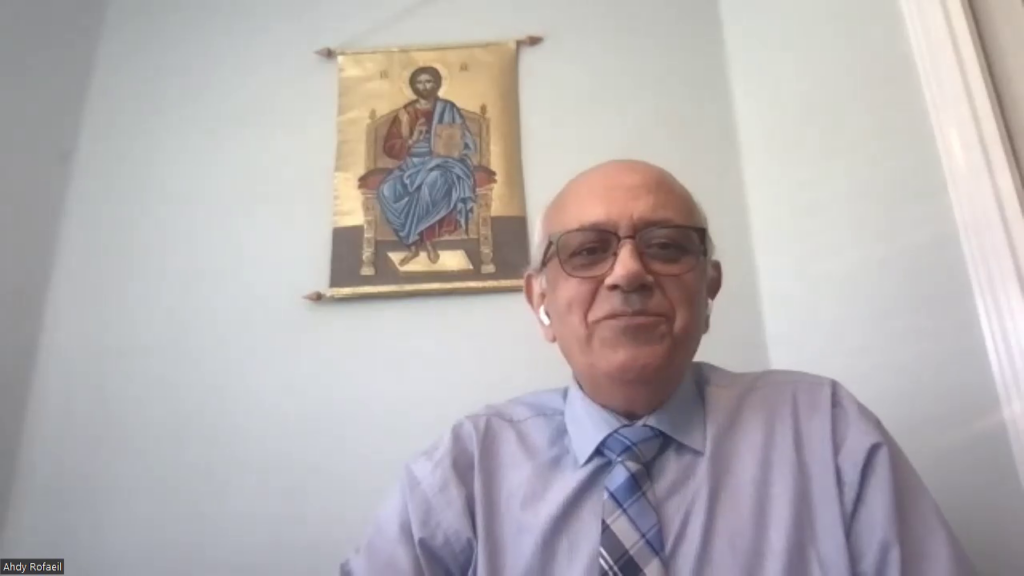
Ahdy Rofaeil, a student in the Doctor of Ministry program, provided a scientific perspective with his paper, “Gender Dysphoria and Transgenderism from a Scientific Perspective.” Ahdy’s presentation delved into the biological foundations of human sexuality and gender, discussing chromosomal, hormonal, and anatomical factors that contribute to gender dysphoria and transgenderism. He also addressed mental health issues related to gender dysphoria and highlighted therapeutic and preventive approaches for healing, grounded in Orthodox Christian theology. Ahdy’s research aimed to offer hope and pastoral care to those struggling with gender identity issues within the Orthodox framework.
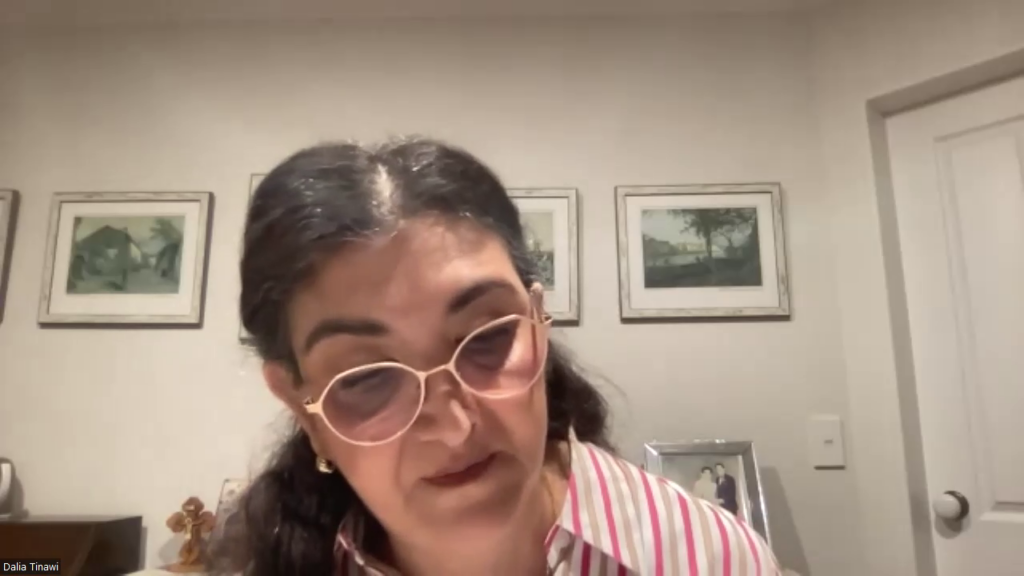
Lastly, Dr. Dalia Tinawi presented her dissertation, “Deified by Providence,” which examined the role of Divine providence in human life as articulated by the Antiochian Church Fathers. Dr. Tinawi’s comprehensive study explored the therapeutic and deifying purposes of providence, emphasizing the importance of man’s synergy with its mystical unfolding in daily events. She analyzed Patristic definitions of providence, its manifestations, and its ultimate purpose of deification. Dr. Tinawi highlighted how life’s tribulations, when viewed through the lens of providence, can transform hardships into healing encounters with God. Her dissertation provided valuable insights for Orthodox educators, therapists, and caregivers, demystifying the concept of providence and integrating it into the ethos of Orthodox psychotherapy.
Each presentation at the symposium underscored the dynamic interplay between theological scholarship and practical pastoral care, addressing contemporary issues with a deep respect for Orthodox tradition. The event showcased the rich intellectual and spiritual resources of the Orthodox Church, offering participants a profound understanding of faith’s relevance in addressing modern challenges.
For more information about the symposium and upcoming events, please visit [Orthodox Academic Society Website].


